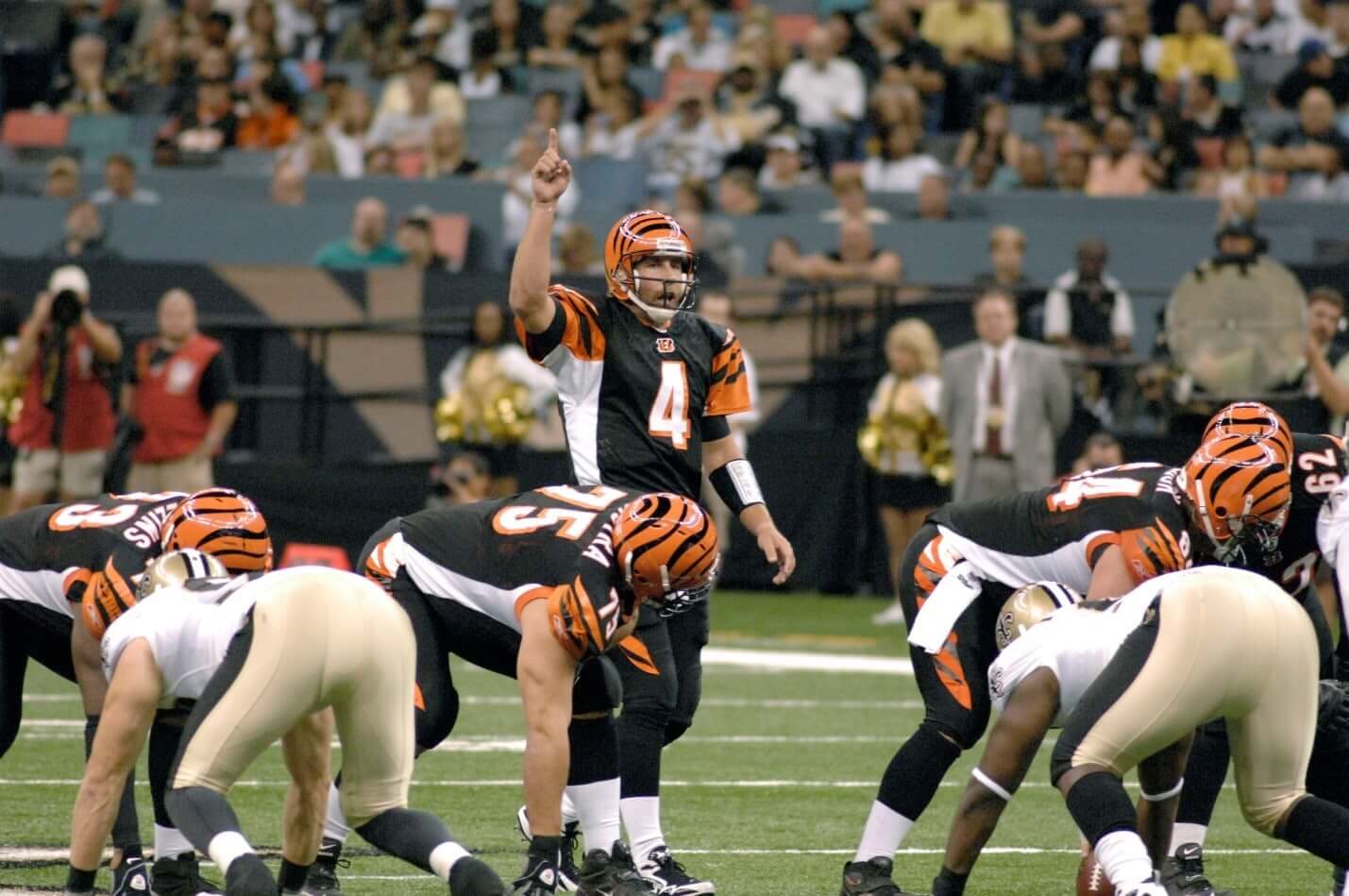Unlawful Restraint Charges in Skokie, Illinois
Unlawful restraint is a serious criminal charge in Illinois that can have significant legal consequences, including jail time, fines, and a permanent criminal record. If you are facing charges of unlawful restraint in Skokie, it is crucial to understand the nature of the offense, the potential penalties, and the importance of securing experienced legal representation to protect your rights and future.
What Constitutes Unlawful Restraint?
Under Illinois law, specifically 720 ILCS 5/10-3, unlawful restraint occurs when a person knowingly and without legal authority detains another person against their will. This offense does not require the use of force, but rather the unlawful confinement or restriction of a person’s freedom of movement. Common examples of unlawful restraint include:
- Locking someone in a room or vehicle: Detaining another person in a confined space without their consent.
- Physically preventing someone from leaving: Using physical means to block a person’s ability to leave a location.
- Threatening harm to prevent movement: Using threats to keep a person from leaving an area, even if no physical force is used.
Penalties for Unlawful Restraint in Skokie
Unlawful restraint is typically charged as a Class 4 felony in Illinois, but the penalties can vary based on the specific circumstances of the case:
- Imprisonment: A conviction for unlawful restraint can result in a prison sentence ranging from 1 to 3 years. Probation may be possible, depending on the case specifics and the defendant’s criminal history.
- Fines: Fines can be as high as $25,000, depending on the severity of the offense.
- Permanent criminal record: A conviction for unlawful restraint will result in a permanent criminal record, which can impact your ability to find employment, secure housing, and maintain personal relationships.
Defending Against Unlawful Restraint Charges in Skokie
Given the serious consequences of an unlawful restraint conviction, mounting a strong defense is essential. Some potential defense strategies include:
- Consent: If the alleged victim consented to the confinement or was not actually restrained against their will, this can serve as a defense.
- Lack of intent: The prosecution must prove that you knowingly restrained the victim without legal authority. If there was no intent to unlawfully detain the person, the charges may be reduced or dismissed.
- Self-defense or defense of others: If the restraint was necessary to protect yourself or someone else from harm, this could be a valid defense.
- Mistaken identity: If you were wrongly identified as the person who committed the unlawful restraint, establishing an alibi or presenting evidence of mistaken identity can be crucial.
- Violation of rights: If your rights were violated during the investigation or arrest, such as through unlawful search and seizure, it may be possible to suppress key evidence, weakening the prosecution’s case.
Why Choose Andrew M. Weisberg as Your Skokie Unlawful Restraint Defense Attorney?
Andrew M. Weisberg is a highly experienced criminal defense attorney with a deep understanding of Illinois law and a proven track record of defending clients against charges like unlawful restraint in Skokie and throughout Cook County. His background as a former prosecutor provides him with unique insights into the prosecution’s strategies, enabling him to build a strong and effective defense tailored to your case.
Contact Andrew M. Weisberg for a free consultation today at (847) 350-1266 to discuss your case. With his dedication to protecting your rights and fighting for the best possible outcome, Andrew is the advocate you need in these challenging legal circumstances.


















